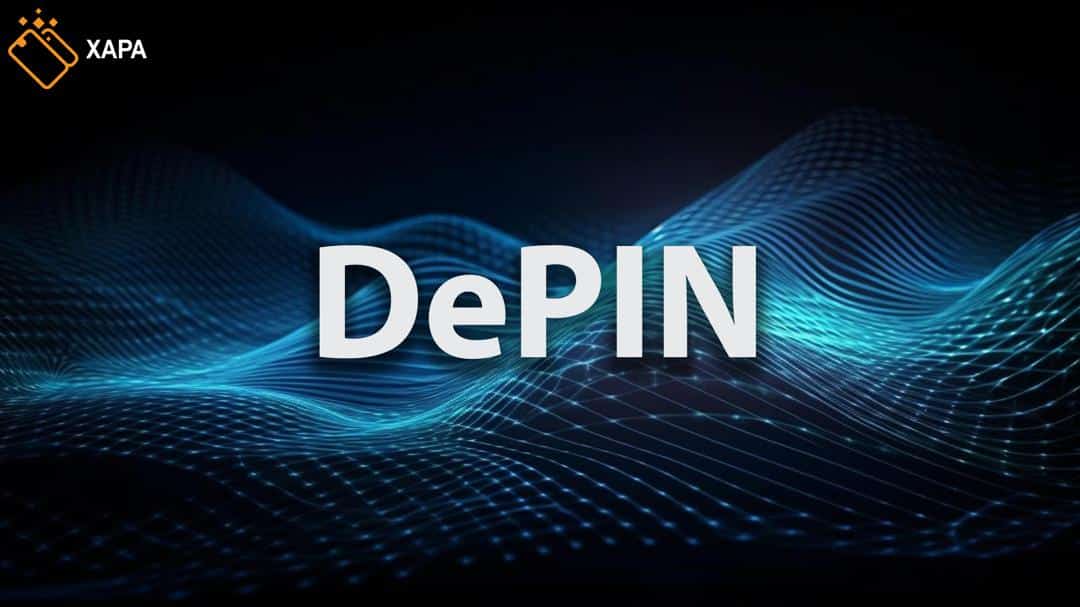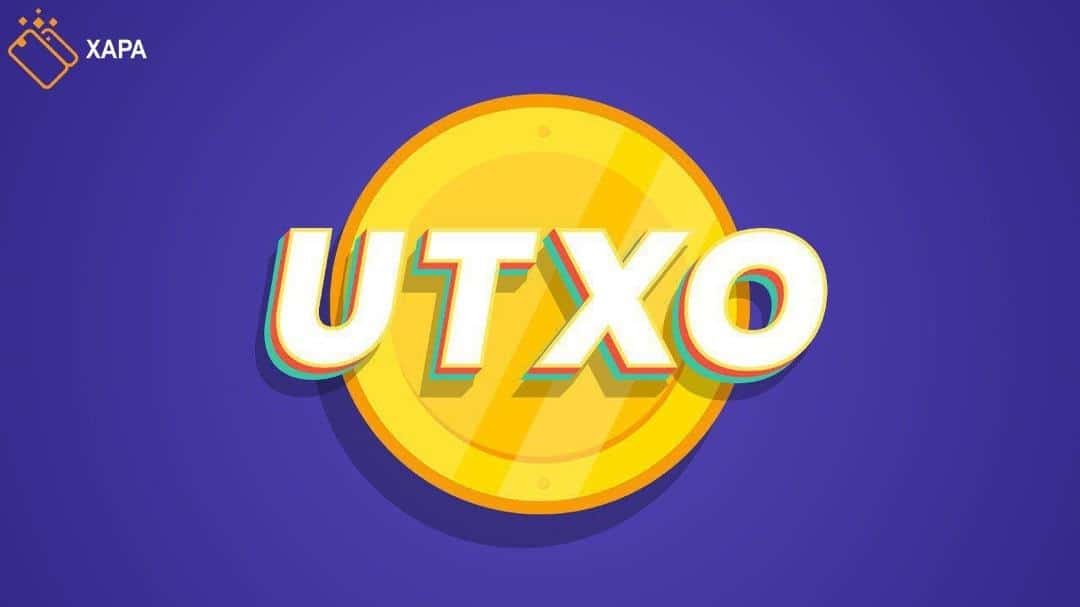
Privacy coins and everything you need to know about them
One interesting fact about Bitcoin is that the pseudonymous nature of its addresses allows users to make transactions without having to provide any kind of personal information. But does that make Bitcoin a completely anonymous cryptocurrency? Probably not! Because the entire transaction history lives on a public blockchain and it is accessible to everyone.
However, that is not the case with privacy coins. As their name suggests, privacy coins such as Dash (DASH), Monero (XMR), and Zcash (ZEC) obscure transaction details and protect users from prying eyes by employing a variety of cryptographic techniques. Also, as their advocates claim, privacy coins can be used for absolutely legal purposes, meaning users that want to avoid potential surveillance by external parties, such as governments, can control what kind of information is shared with organizations and companies.
How do they work?
Although different kinds of privacy coins may work in different ways, the end goal remains the same: to hide private details and information such as addresses and the transacted amount, in order to make it extremely difficult, if not impossible for external parties to figure out who participated in a transaction. But how do they achieve this goal? In order for you to have a better understanding of how these coins work, we are going to discuss every privacy method.
Some privacy coins use a technique called zk-SNARK (Zero-Knowledge Succinct Non-Interactive Argument of Knowledge) that is encrypting identifying information using advanced cryptography. Others may just generate new one-use addresses called “stealth address” for each transaction to avoid multiple transactions being linked to a single source. Other coins such as Monero, use ring signatures and link a number of user addresses together. They anonymously sign transactions not to reveal which address actually signed it. There are some other coins that use a very innovative method called “CoinJoin”, where they put transactions from a number of senders together, and then pay out the funds across recipients. Surprisingly, this method is available as an optional mixing service for Bitcoin as well.
Popular privacy coins
Monero, The most popular privacy coin with the largest market cap. Uses ring signatures and single-use addresses
Zcash, which is heavily influenced by Bitcoin with the same 21 million coin cap. Uses zk-SNARKs.
And other top privacy coins such as Dash that uses CoinJoin, and Litecoin that implements a streamlined blockchain design named after a Harry Potter spell, called MimbleWimble. MimbleWimble does not reveal identifying information to the public and keeps a more compact history than normal blockchains.
Mentioned privacy coins are currently banned in Japan and South Korea, but are not considered as illegal in other jurisdictions.
Follow Xapa on social media and stay tuned for more!






DuaneOccub
Данный портал предлагает актуальные новостные материалы разных сфер.
Здесь доступны факты и мнения, культуре и разных направлениях.
Материалы выходят почти без перерывов, что позволяет держать руку на пульсе.
Понятная навигация облегчает восприятие.
https://ekbtoday.ru
Все публикации оформлены качественно.
Мы стремимся к честной подачи.
Читайте нас регулярно, чтобы быть на волне новостей.
binance
Thank you for your sharing. I am worried that I lack creative ideas. It is your article that makes me full of hope. Thank you. But, I have a question, can you help me?
binance
Thank you for your sharing. I am worried that I lack creative ideas. It is your article that makes me full of hope. Thank you. But, I have a question, can you help me?
binance
Can you be more specific about the content of your article? After reading it, I still have some doubts. Hope you can help me.
RogerDuh
This website offers tons of captivating and helpful information.
Here, you can explore various topics that include many relevant fields.
All materials is prepared with focus to clarity.
The content is constantly refreshed to keep it current.
Users can gain fresh knowledge every time they browse.
It’s a great resource for those who are interested in informative reading.
A lot of visitors find this website to be well-organized.
If you’re looking for quality articles, you’ll surely find it here.
https://quickbookssupportphonenumber.us